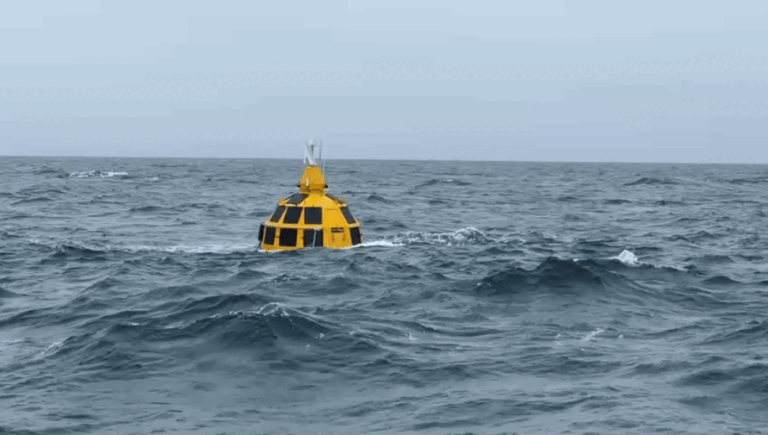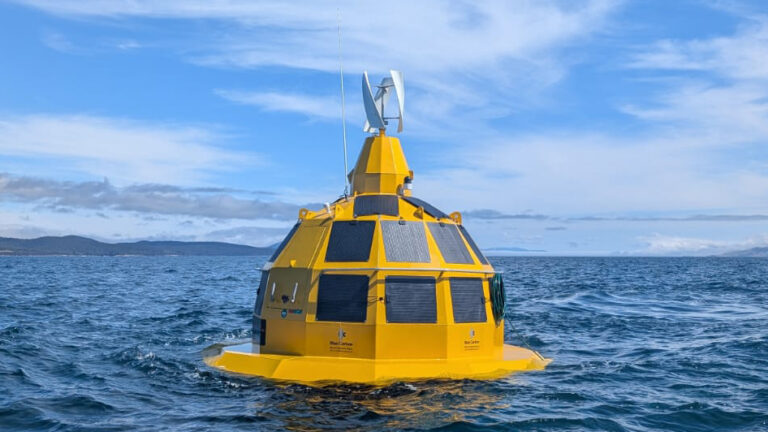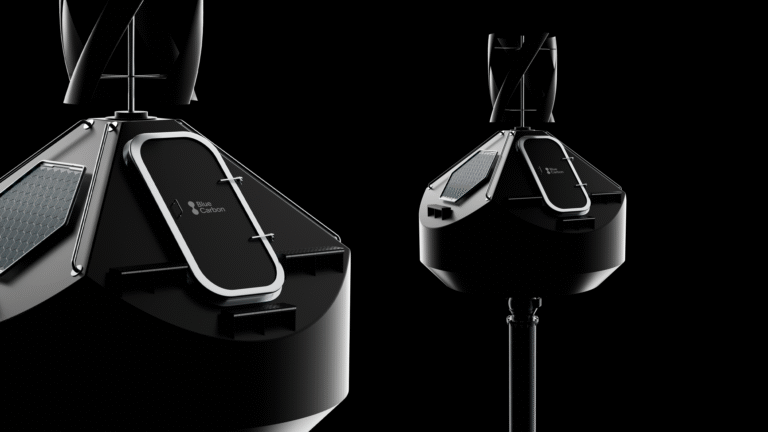Direct ocean capture,
powered by nature
oPods enhance phytoplankton growth through natural nutrient upwelling, supporting the ocean's carbon cycle.
The oPod™ solution
Blue Carbon’s oPods are a direct ocean capture technology — removing CO₂ by restoring one of the ocean’s most powerful carbon sinks: phytoplankton.
Each oPod platform is being engineered to accommodate nutrient-balanced dosing to maximise phytoplankton bloom efficiency while safeguarding local ecology.
Artificial upwelling, the process behind oPods, has been shown to spark phytoplankton growth, unlock nutrients from the deep, and boost the ocean’s natural ability to absorb carbon — especially in waters where productivity is limited.
Long-term trials have also revealed wider benefits: healthier ecosystems, improved surface productivity, and greater yields in regenerative ocean farming.
With oPods, ocean health and climate impact go hand in hand — turning deep water into a driver of regeneration, resilience, and planetary repair.
How it works
Powered by waves, oPods upwell deep ocean water to stimulate phytoplankton growth in nutrient-depleted surface zones. These microscopic algae absorb CO₂ as they grow, and when they die, the carbon they contain sinks to the deep ocean — where it remains for hundreds to thousands of years. The process follows the natural Redfield ratio, ensuring that nutrients and carbon are cycled in biologically favorable proportions — just as in healthy ocean ecosystems.

Where it happens
oPods operate in the open ocean, positioned in zones selected for high carbon efficiency and minimal ecological disturbance. They float at sea level, require no anchoring or seabed contact, and are engineered to work in harmony with marine conditions.
Nature-first, science-led climate tech
By mimicking the ocean’s ancient carbon pump, oPods offer a nature-aligned way to remove carbon while strengthening marine ecosystems. They help life adapt — supporting species, habitats, and coastal industries facing warming, acidification, and shifting conditions. Because climate and nature aren’t separate problems — and the solutions shouldn’t be either.


Scalable carbon removal — from tonnes to gigatonnes
Each oPod™ can remove up to 1,000–4,000 tons of CO₂ per year, depending on ocean conditions and deployment location. Designed for modularity and fleet deployment, oPods can scale from local pilot to global impact — offering a flexible pathway toward gigaton-level carbon removal.
Fleet-scale deployments will integrate satellite verification and MRV protocols, supporting high-integrity carbon credits.
Giga-Scale Climate Potential
Ocean carbon capture represents one of the largest opportunities for atmospheric CO2 removal. oPods work with natural systems to enhance existing oceanic carbon processes, with potential for massive global deployment as the technology matures.

